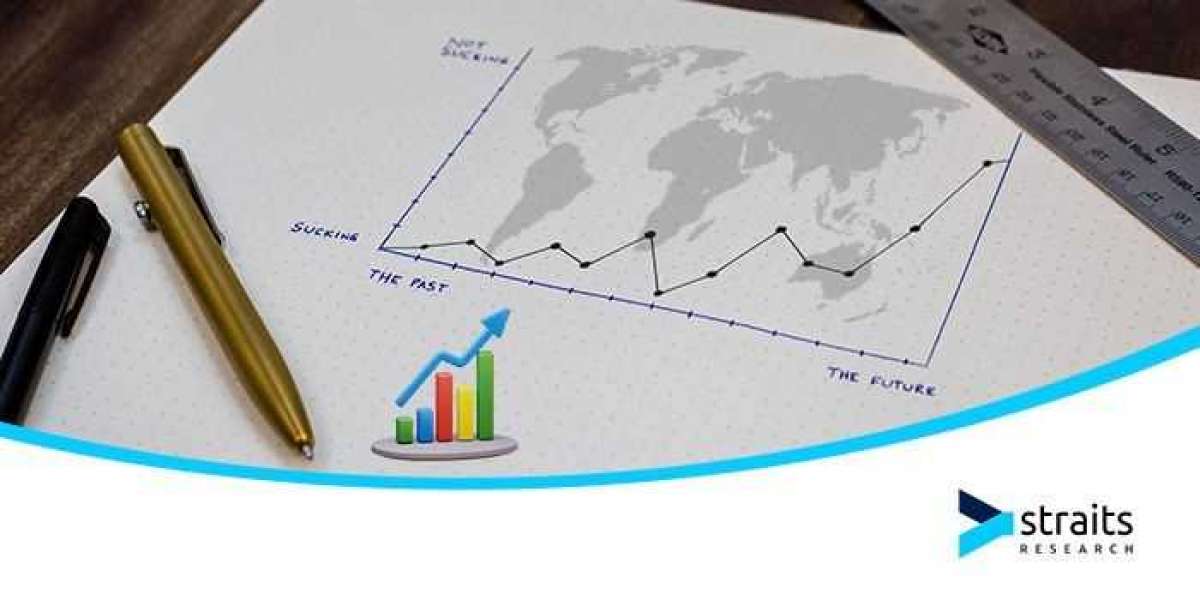Navigating the intricacies of Amazon business accounting is crucial for any seller aiming to achieve long-term success on the platform. From managing taxes to tracking profits and maintaining financial transparency, a solid accounting system is the backbone of a thriving Amazon business. In this detailed guide, we’ll explore the key aspects of Amazon business accounting and provide actionable insights for business owners who want to stay ahead of the curve and ensure compliance with both Amazon's policies and governmental regulations.
Understanding Amazon Seller Financials
Amazon’s marketplace is a global platform, allowing businesses of all sizes to sell products across various categories. However, understanding how to manage the financials of an Amazon business is a complex process that goes beyond basic bookkeeping. Key factors include revenue streams, costs, fees, taxes, and profit margins, each of which can have a significant impact on the overall profitability of your Amazon store.
Key Elements of Amazon Business Accounting
The fundamental components of Amazon business accounting include the following:
- Sales Revenue: The total income from selling products on Amazon, which may include income from direct sales, Amazon Prime subscriptions, and other revenue-generating activities.
- Amazon Fees: Amazon charges various fees such as referral fees, fulfillment fees (FBA), subscription fees for professional accounts, and additional service fees.
- Cost of Goods Sold (COGS): The direct costs attributable to the production or purchase of goods sold on Amazon. This includes manufacturing costs, shipping, and warehousing.
- Operational Expenses: Expenses required to run the business, including advertising, software subscriptions, and administrative costs.
- Taxes: Sales tax and income tax obligations that must be carefully tracked to ensure compliance with local and international tax regulations.
Tracking Sales and Income
One of the primary tasks in Amazon business accounting is to accurately track sales and income from your Amazon store. Amazon provides detailed reports that can be accessed through your Seller Central account. These reports can break down your total sales by day, month, or year, and they also account for all relevant fees that Amazon charges, allowing you to better understand your financial situation.
How to Track Sales on Amazon
Amazon’s Seller Central provides a variety of financial reports that can be accessed and downloaded:
- Payments Report: This shows the money Amazon has deposited into your bank account, including all fees and returns.
- Settlement Reports: These reports provide a breakdown of fees, returns, and refunds, giving a comprehensive view of your income and expenses for a specific period.
- Tax Collection Reports: These reports detail sales tax collected on orders, crucial for compliance purposes.
By utilizing these reports, Amazon sellers can easily track their total revenue and ensure that they are correctly accounting for fees and taxes.
Accounting for Amazon Fees
Amazon charges multiple types of fees for using its platform, and each of these must be accounted for in your Amazon business accounting system. The most significant fees that sellers incur are:
1. Referral Fees
Referral fees are charged as a percentage of the sale price of each item sold. The percentage varies by product category but generally ranges from 6% to 45%. These fees can significantly affect your profit margins, so it’s essential to track them carefully.
2. Fulfillment by Amazon (FBA) Fees
If you are using Amazon’s FBA service, you’ll incur additional fees. These include:
- Fulfillment Fees: Charges for picking, packing, and shipping your items from Amazon’s fulfillment centers.
- Storage Fees: Fees for storing your products in Amazon’s warehouses. These are typically charged monthly but may increase during peak seasons like the holiday months.
3. Subscription Fees
Amazon charges a monthly subscription fee for professional sellers. This fee is typically $39.99 per month, though individuals who sell fewer than 40 items a month can opt for an individual account, which does not have a monthly fee but incurs additional per-item fees.
4. Other Fees
There are various other fees, such as advertising fees (for Amazon’s pay-per-click campaigns), high-volume listing fees, and even refund administration fees. Tracking these fees ensures that you have a clear understanding of your operational costs.
Managing Cost of Goods Sold (COGS)
Accurate tracking of your Cost of Goods Sold (COGS) is essential for understanding your business’s profitability. COGS refers to the direct costs associated with producing or acquiring the products you sell on Amazon. These include:
- Product manufacturing costs
- Shipping and handling fees to send products to Amazon’s warehouses (for FBA sellers)
- Storage fees (if applicable)
- Import duties (if sourcing products internationally)
To maintain an accurate picture of your business’s financial health, you must track COGS precisely. This will not only help you calculate your gross profit but also enable you to identify areas where you can reduce expenses, such as negotiating better shipping rates or optimizing storage costs.
Managing Amazon Business Taxes
Taxation is a critical aspect of Amazon business accounting. As an Amazon seller, you may be subject to a range of tax obligations, including sales tax and income tax. Failing to comply with tax laws can result in significant penalties and even the suspension of your Amazon seller account.
Sales Tax
As of recent years, Amazon collects sales tax on behalf of sellers in many U.S. states. However, it is still your responsibility to understand which states require sales tax collection and how to file tax returns. For sellers using FBA, sales tax may be collected in multiple states where Amazon stores inventory. This can create a complex situation for sellers who need to ensure compliance across all applicable states.
Income Tax
In addition to sales tax, Amazon sellers are also required to pay income tax on the profits made from their business activities. This applies whether you are operating as a sole proprietor, partnership, or corporation. The exact income tax rate depends on your country of residence and local laws.
International Taxes
If you are selling globally, it’s important to understand the tax obligations in each country where you do business. For instance, the European Union has VAT (Value Added Tax) requirements, and countries like Canada and Australia have their own tax systems that may require you to register for tax collection.
Best Practices for Amazon Business Accounting
To ensure that your Amazon business is compliant and operating efficiently, consider implementing the following best practices for accounting:
1. Use Accounting Software
Investing in accounting software can greatly simplify the process of tracking your sales, expenses, and profits. Many Amazon sellers use specialized software designed specifically for eCommerce businesses, such as QuickBooks, Xero, or A2X. These platforms integrate with Amazon’s Seller Central and provide automated reports to keep your finances organized.
2. Regularly Reconcile Your Accounts
Frequent reconciliation of your financial records is crucial to ensure accuracy. This involves comparing your Amazon payment reports, bank statements, and accounting software to ensure that everything aligns correctly.
3. Maintain Detailed Records
Maintain detailed and up-to-date records of all financial transactions, including receipts for expenses, invoices for suppliers, and proof of income from Amazon sales. This is vital for tax filing purposes and can be invaluable if you are ever audited.
4. Hire a Professional Accountant
As your business grows, it might be worth hiring a professional accountant with experience in eCommerce and Amazon business accounting. A CPA can help you navigate complex tax laws and ensure that you are maximizing deductions and minimizing liabilities.
Conclusion
Effective Amazon business accounting is a cornerstone of success for any seller on the platform. By carefully tracking your sales, fees, COGS, and taxes, you can ensure your business operates smoothly and stays profitable. Utilizing accounting software and seeking professional guidance when necessary will help streamline your processes and give you peace of mind, knowing your financial records are accurate and compliant.
At eAccounts, we specialize in helping Amazon sellers manage their finances with ease and efficiency. Our expert accountants understand the nuances of Amazon business accounting and can provide tailored solutions to help you optimize your financial strategy and achieve sustainable growth. Whether you're a new seller or a seasoned entrepreneur, implementing a robust accounting system is key to scaling your Amazon business successfully.



